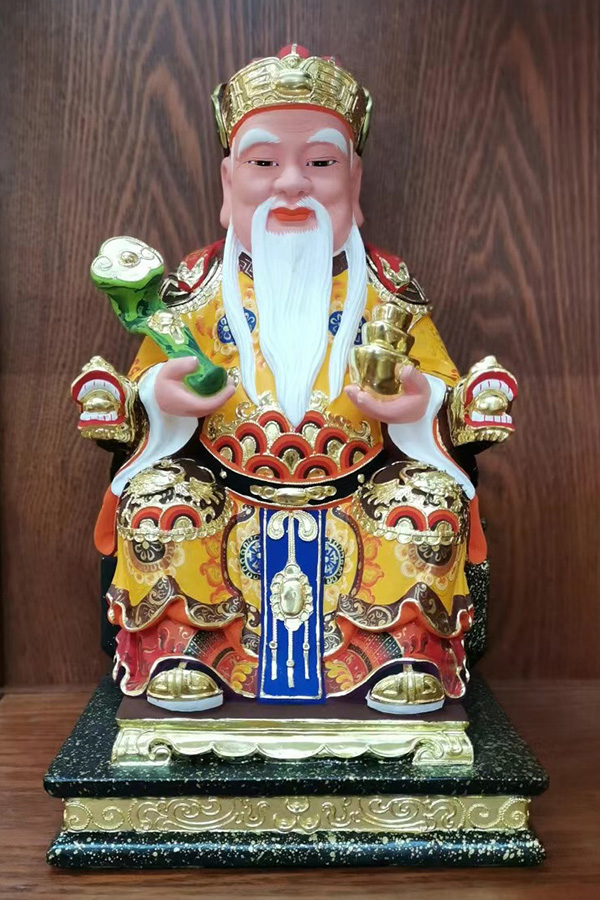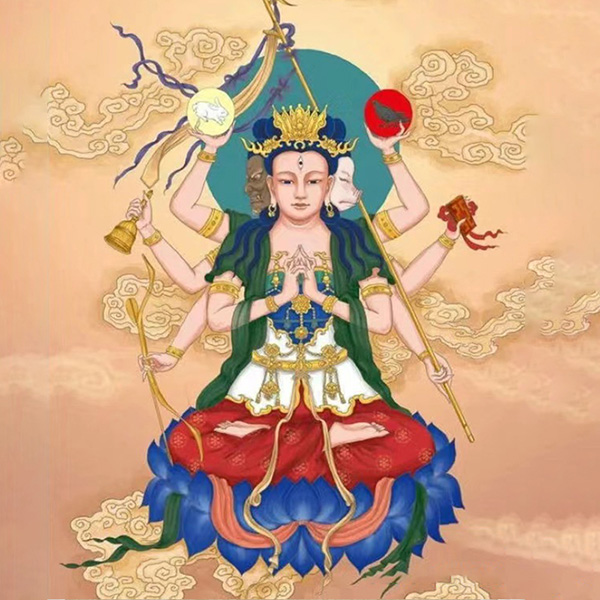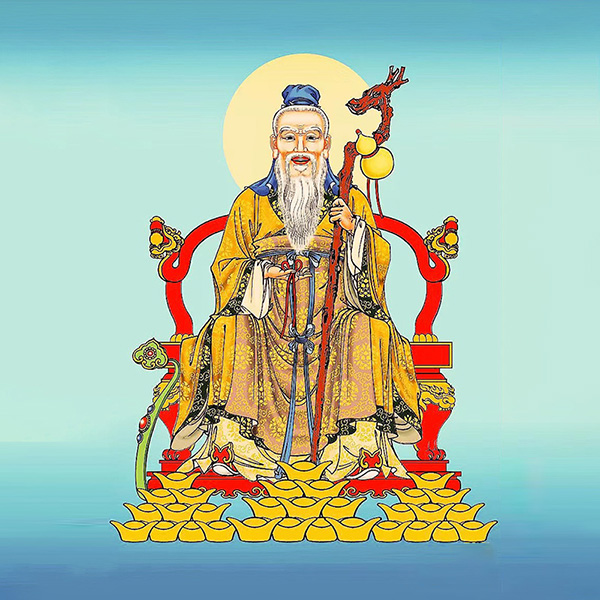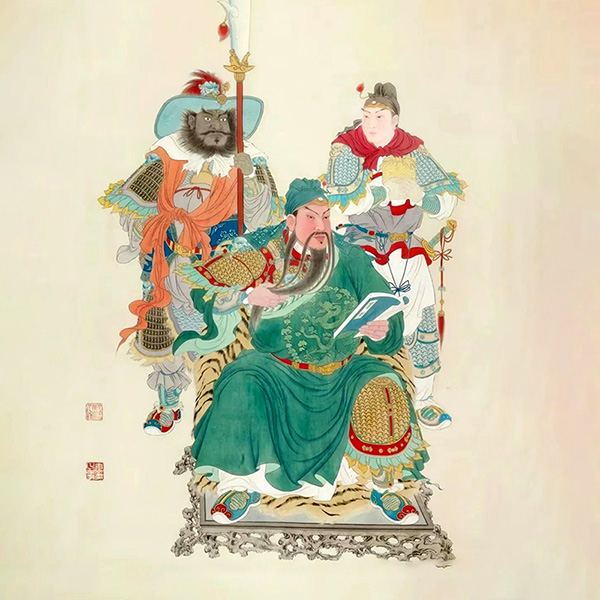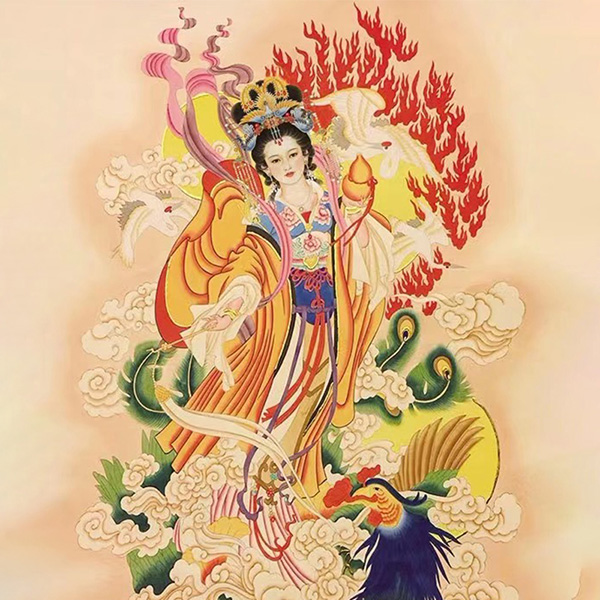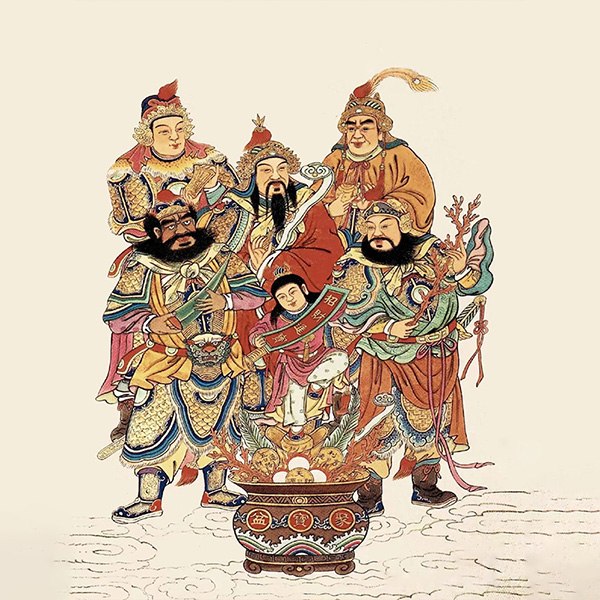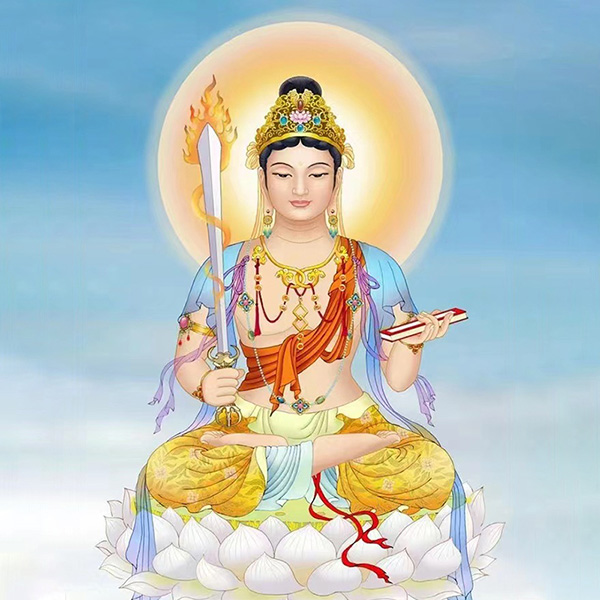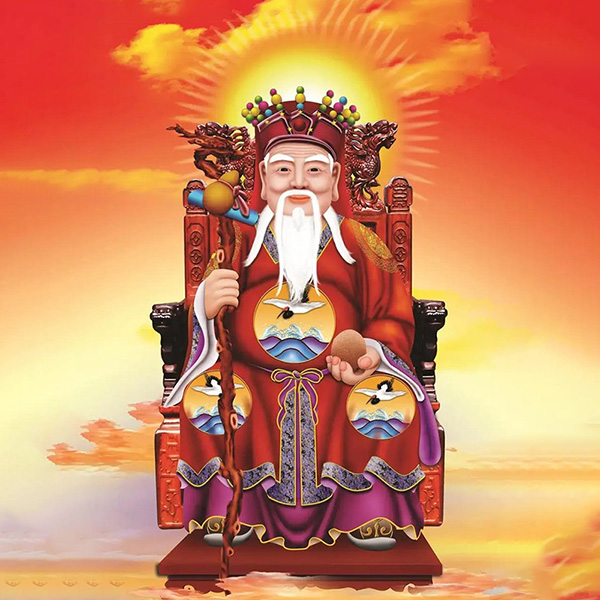
TuDiGong, also known as the God of Blessings and Virtue, is a widely revered deity in Chinese folk religion.
TuDiGong is regarded as the guardian deity of the land. He is believed to take care of the people living on the land, protecting their safety and well-being. In rural areas and some traditional communities, people often build small shrines or temples dedicated to TuDiGong.
The worship of TuDiGong has a long history. People offer incense, fruits, and other offerings to express their respect and seek blessings. They believe that TuDiGong can bring good fortune, prosperous harvests, and harmonious families.

TuDiGong is usually depicted as an elderly figure with a kind face and a gentle demeanor. He is often shown wearing traditional clothing and holding a staff.
This deity represents the deep connection between people and the land. It reflects the importance of nature and the land in people’s lives. The worship of TuDiGong also embodies the hope and longing of people for a stable and peaceful life.
In conclusion, TuDiGong is an important deity in Chinese folk culture, playing a significant role in people’s spiritual world and daily lives.
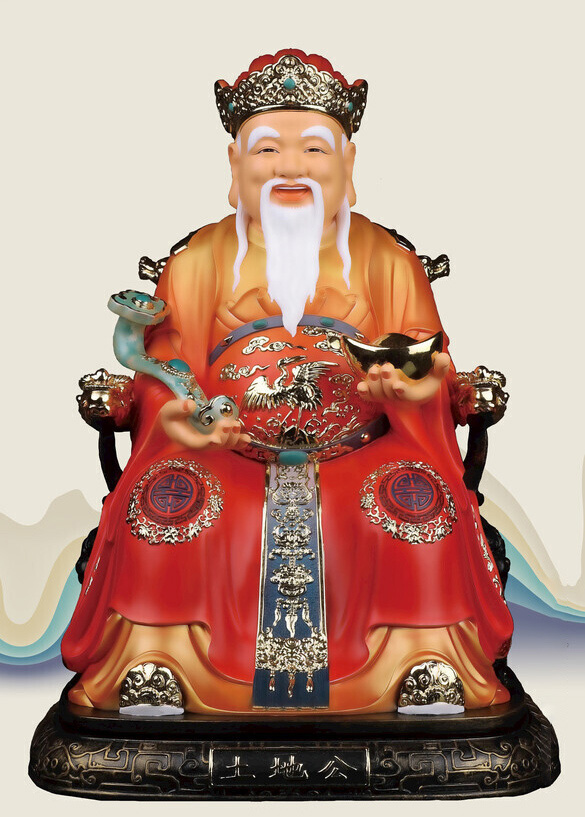
TuDiGong, the God of Blessings and Virtue, is also the god of wealth
In Chinese folk beliefs, TuDiGong is not only regarded as the guardian deity of the land but also sometimes considered as a form of the god of wealth. This is because land has always been an important source of wealth in agricultural societies. People believe that TuDiGong, who has jurisdiction over the land, can also bring prosperity and fortune in terms of material wealth.
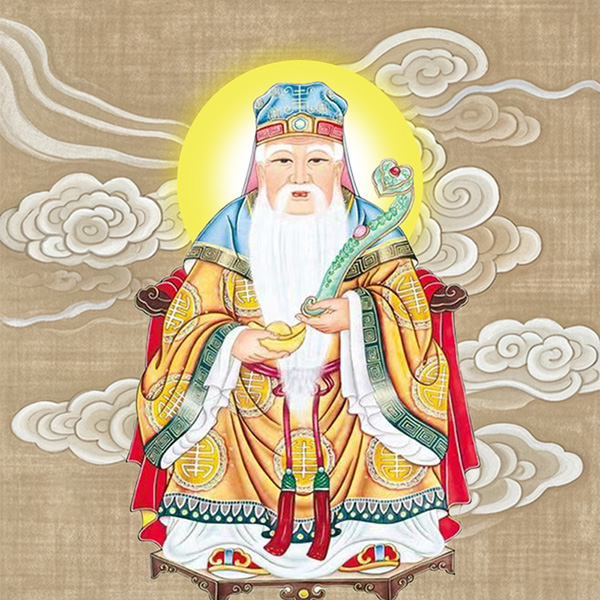
For instance, in some regions, people worship TuDiGong in the hope that he can bless them with good business, abundant harvests, and financial stability. This dual role of TuDiGong as both the protector of the land and the bringer of wealth reflects the complex and multi-faceted nature of traditional folk beliefs.
